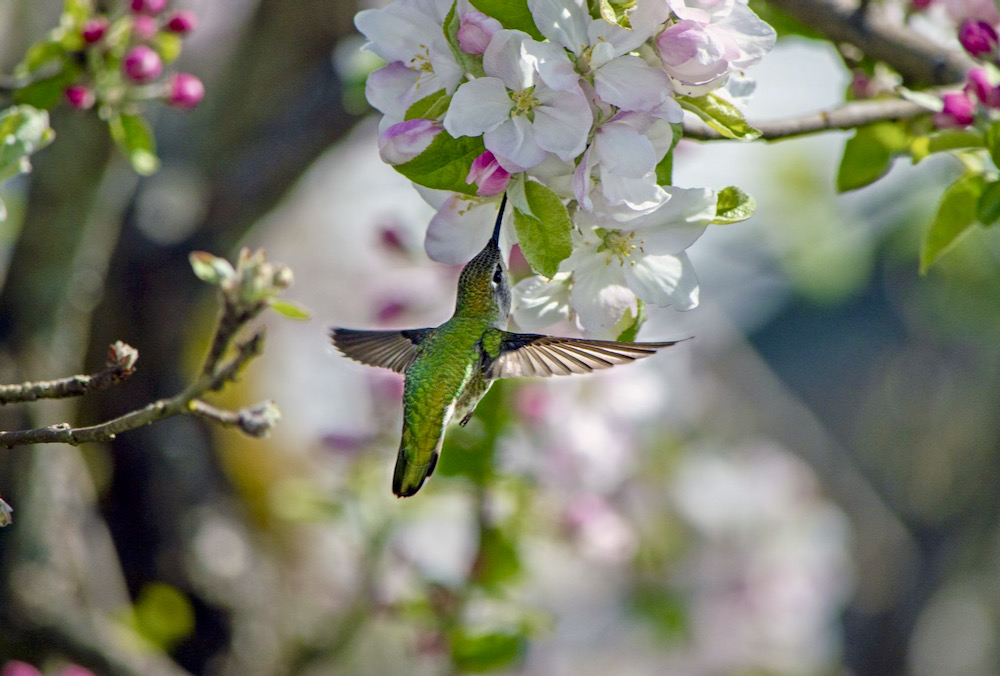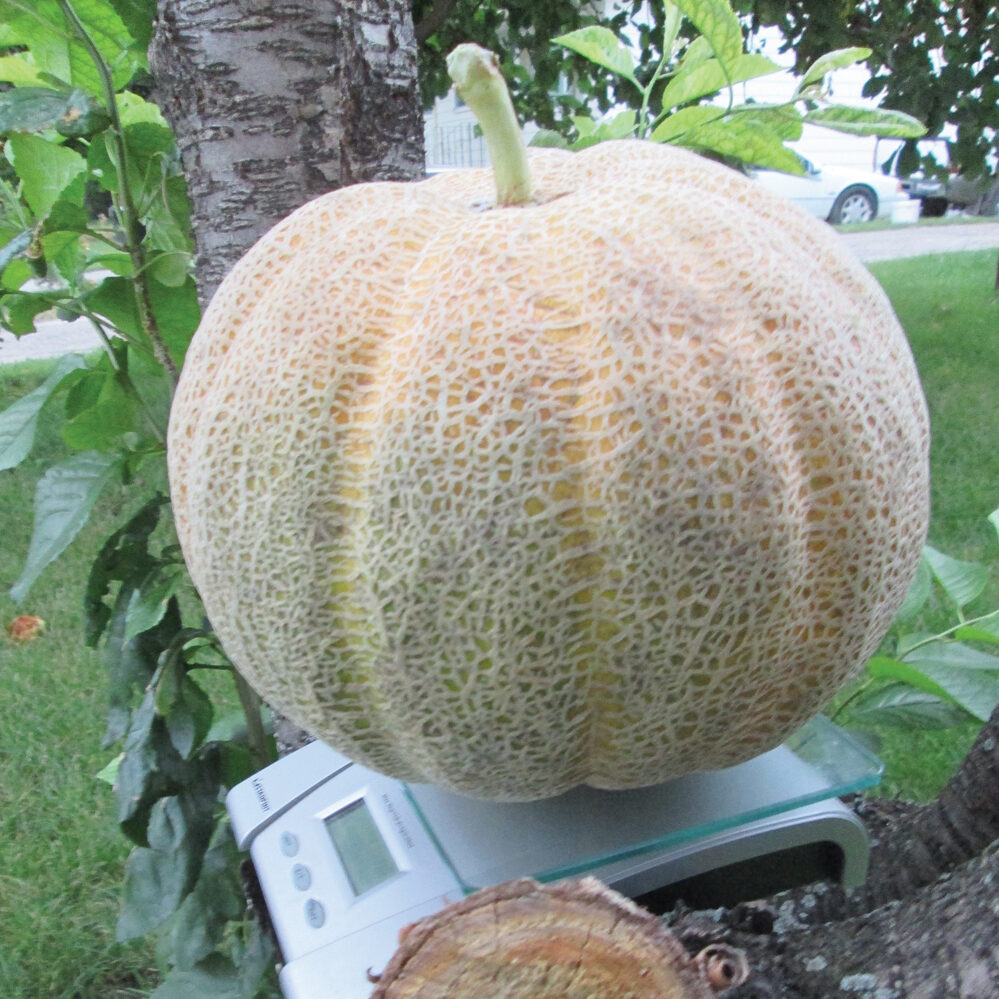Is it the age we’re living in, or are we all getting older? How time flies. As a kid I recall seeing a message on a huge sign along the Trans-Canada Highway (I call it the Tea Can for short). The sign said: Time flies and then eternity.
Speaking of tea, ’tis said ordinary black drinking tea is traditionally recognized for contributing to a long life. There’s something in Granny’s steeped tea, or however you choose to describe it, that contributes to a ripe old age.
Read Also

Odes to purple potatoes and to horticultural hearts
What’s it going to be this Valentine’s Day? Red roses, a box of chocolates and a corsage along with a…
I brewed a pot of ordinary black drinking tea, poured it into a basin of water and gave my feet a good 10-minute footbath. Such a soaking in tea water not only prevents smelly feet but can eliminate sweaty foot odours.
Further along are excerpts from a phone visit I had with a semi-retired farmer, gardener and musician.
Been getting lots of vitamin D from sunshine these days and keeping my head and face covered with a straw hat. However, a tip o’ my Tilley hat welcome still remains the same.
From: Ken Megyesi
Subject: Column in Grainews
Hi — I’m not very good at this thing, but here goes. I love reading your gardening tips. I have about 12 different kinds of fruit growing on our farm. I also do music. I will try fishing on some of your tips. Would it be possible for me to talk to you? I would be glad to phone you. — Ken. Sent from my iPhone Monday, May 01, 2017
Ted’s reply: Ken and I did indeed connect via the phone a few days later and we had better than an hour-long conversation, a bit of which I share here. Ken, 73, lives about halfway between Bruno and Cudworth, both in Saskatchewan, about 12 miles either way.
“I love my music, have met and played with phenomenal musicians. I love country and western singing. I love the polka and Ukrainian music. I go down to my music room almost every night and play music for an hour.” Those wishing to connect with Ken can phone 1-306-231-7304.

Conversation switches from fruit to corn
Ken began his orchard years ago with more than a dozen apple and plum trees on a small acreage. “I sprayed them with one of the formulas you gave out and I use it every year. That’s with the baking soda, peroxide and soap water.” He named numerous varieties of fruits he grows, picks the bounty in season and says his wife is his biggest help. She cleans, washes and steam distills fruit for juice and freezes some.
Ken also plants a lot of corn and says what works for him is named hybrid 274 from Early’s Garden Centre in Saskatoon. “They’re good people. They’re very knowledgeable.” It’s listed in Early’s catalogue as 274A and is described as “gourmet sweet corn, good cold-soil vigour, extra-large ears, exceptional eating quality, excellent kernel contrast (bicolour) 74 days.”
“We usually sell around 400 to 500 dozen cobs to a lot of the folks around here.” When I asked Ken who’s doing all the outdoor work he replied: “I do. I do it all myself; all the picking, all the weeding, everything.”
When a cat purrs
Cats and city gardeners don’t always get along that well. It’s different on the farm where cats are essential to keep the rodent population in check. We’ve all heard the statement that cats have nine lives. Seems researchers have determined that cats’ purrs are the secret to their nine lives. If such purring is healing to our feline friends, then that same sound may be like an idling engine that sends good healing vibes into humans when holding a pet cat. Do outdoor yard and barn cats ever find time to purr or does purring apply mainly to a contented house cat? Perhaps you have a cat story to share.
Cats and plants
You can discourage a cat from nibbling at or breaking off a piece of outdoor garden plant or houseplants by growing some wheat kernel or oats kernel grass in a four- or six-inch pot. Wait until such growth is about 10 cm (four inches) high and then offer it to your cat. Start another such pot of grain kernel grass a day or two after each new moon. Stir a teaspoonful of apple cider vinegar into your cat or dog’s drinking water. It contributes to a shiny, healthy-looking coat and may also deter fleas and wood ticks.
Most every gardener and some cat owners are aware of catnip (nepeta cataria). Cats are attracted to its heart-shaped leaves and find them near impossible to resist. When dried, leaves are often an ingredient in cat toys. As for humans, the catnip plant is a tender perennial that grows about two feet tall and can survive a harsh winter in a sheltered location. Its blue flowers attract pollinating insects. Catnip tea is an aid to sleeplessness and makes a nightcap beverage that induces a good night’s sleep. Seeds and started plants are usually in the herbs section at garden centres. Check for catnip oil or other formulas containing it at health and pure food stores. Catnip oil is an alternative repellent against mosquito and other insect bites.
So you like your cup of tea?
Well I do also! After plain water, it’s the most consumed beverage throughout the entire world. Research has shown that black tea is loaded with antioxidants called polyphenols that protect human cells from hazardous free radical damage.
I’ve met many a senior in their 80s, 90s and 100-plus, all of whom drink black tea. They’ve definitely convinced me it’s one of the top anti-aging beverages. Besides longevity, black tea has been linked with improved mental alertness, lower ovarian cancer risk, and a possible decreased likelihood of developing Parkinson’s disease, diabetes and heart disease. Matter of fact, there are numerous studies confirming that black tea boosts heart health and has positive effects at staving off strokes.
No one is saying that coffee is bad for us. Researchers also found that drinking three cups daily of black tea, green tea, coffee or a combination of these was linked with a decreased risk of Type 2 diabetes. Keep in mind that coffee has dehydrating properties, whereas tea helps the body stay hydrated due to its high potassium content. One brand of tea that contains citrus extract is said to contribute to weight loss and relax and soothe the body with a stress-relief effect that’s felt almost instantly. It contains the well-known garden plant bergamot (see picture), known for improving the immune system, reducing fever and is a natural cold remedy fighter.
Have you ever had a sty?
You certainly will remember it if you did. Here’s a simple home remedy for treating such an eye disorder, described as an infection in an eyelid gland. If you consult a doctor regarding an eyelid sty, he/she may advise you to apply a comfortably warm, moist cloth compress over the eye for 10 minutes or so, three or four times a day.
The alternative is a hard-boiled egg. Let it cool until it’s warm (never scalding nor too hot). When acceptable warmth is reached, wrap the egg in a moist washcloth and place it on the infected eye for 10 minutes. Simply reheat the same egg in warm to hot water when it’s time for your next 10-minute session. Keep repeating until the condition clears.
















